The 2014/2015 Croatian Presidential Election: Tight and Far-reaching Victory of the Political Right
The presidential election that was held in Croatia on the last Sunday of 2014 (first round) and the second Sunday of 2015 (second round) resulted in a tight victory for Kolinda Grabar-Kitarović, the candidate of the right-wing Croatian Democratic Union (Hrvatska Demokratska Zajednica, HDZ) and another seven right-wing parties, over the incumbent Ivo Josipović, the candidate of the governing Social Democratic Party (Socijaldemokratska partija Hrvatske, SDP) and another sixteen parties of the left and centre. Although presidential competencies in Croatia, which is a parliamentary democracy, are not extensive, the presidential election provoked great interest not only in the country, but also internationally.
Dražen Lalić
Dražen Lalić is a sociologist and a political scientist. He is a Professor at the Faculty of Political Sciences, University of Zagreb. He is the author of numerous scientific papers and ten books, most of them in the field of sociology of sports, sociology of politics and political communication. He has been engaged as a political analyst in a number of Croatian and foreign media.
Marijana Grbeša
Marijana Grbeša is an Assistant Professor at the Faculty of Political Sciences, University of Zagreb. She received her PhD at the Faculty of Social Sciences, University of Ljubljana. Her research interests include political communication, political marketing and mass media research. She was the Head of School of Journalism and the Vice-Dean for Science and International Relations at the same Faculty. She provides political analysis for the leading Croatian newspapers.
1. What are the dominant contemporary approaches to populism in the political science literature? Would you rather consider populism ‘ideology’ or ‘political communication style’? Why?
2. What are, in your opinion, possible ways to conceptualize and operationalize different types of populism?
3. Can you provide examples of ‘populist’ politicians? Why do you consider them populists?
4. In recent years Europe has been witnessing the rise of the right-wing populism. How would you explain the absence of right-wing populism in Croatia, given its contemporary political history and related traumas?





Dražen Lalić
Dražen Lalić is a sociologist and a political scientist. He is a Professor at the Faculty of Political Sciences, University of Zagreb. He is the author of numerous scientific papers and ten books, most of them in the field of sociology of sports, sociology of politics and political communication. He has been engaged as a political analyst in a number of Croatian and foreign media.